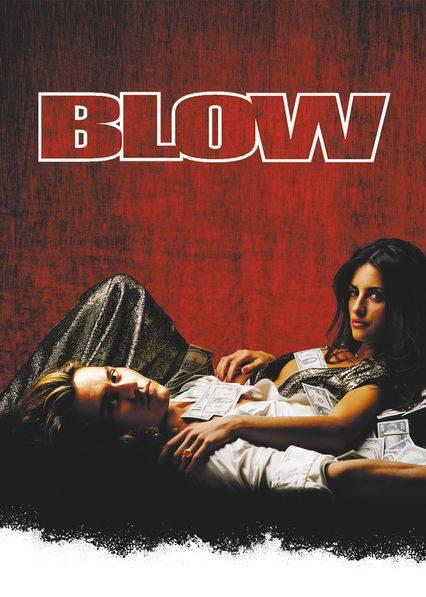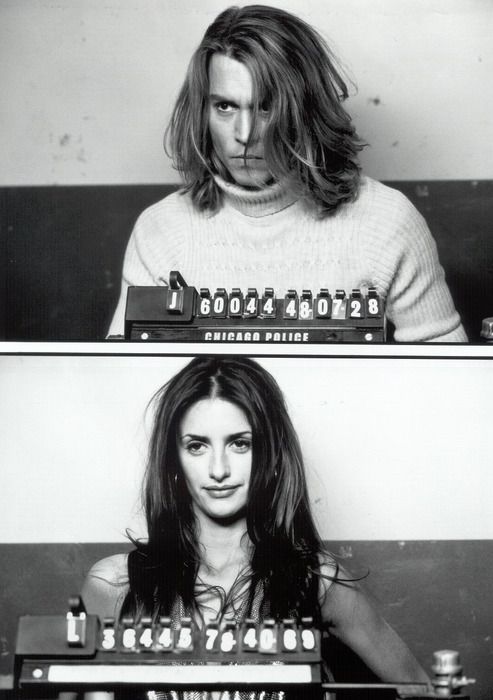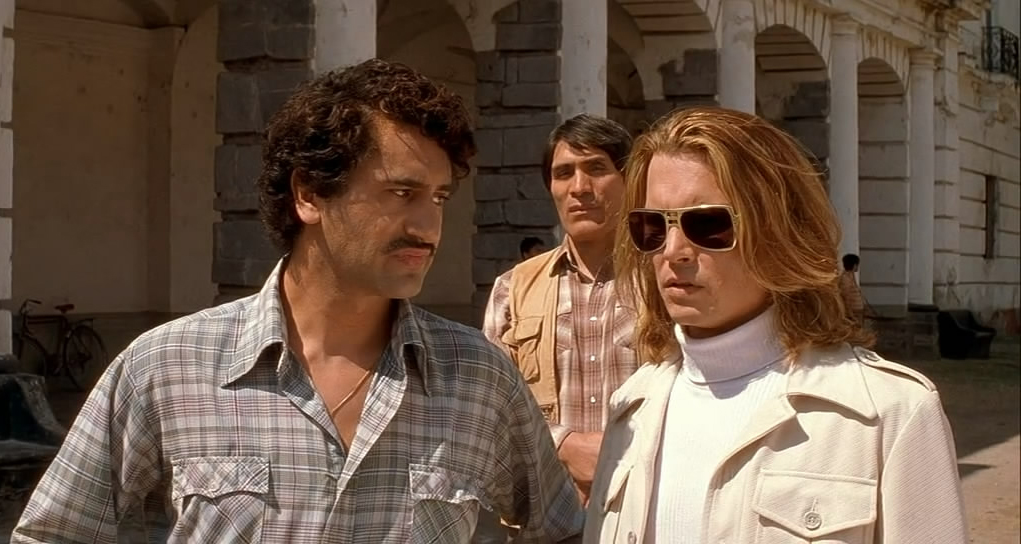BY: Kodi Robertson
As with all my critiques, this one contains spoilers. You have been warned: Blow is more than a street term for a life killing drug, it is a play on the word of feeling beaten when your life spirals out of control. It is a film about passion.

Ted Demme’s Blow is a biopic unlike any other. Demme uses a palette of colors and camera shots/angles that tell the story as if he himself was recollecting it all from memory. Hazy screen effects help us establish that George Jung (pronounced as spelled, I sometimes got it confused for George “Yung”) is recalling everything from memory. For those of you who don’t know, Blow is the story of how George Jung aka “Boston George” created his wealth from a small-time weed dealer in Boston to selling some of Pablo Escobar’s personal supply of Columbian cocaine. He was one of the best smugglers of drugs during cocaine’s dominance in the ’80s. This movie showcases Johnny Depp’s range as a performer, as he gives Jung a character arch that crushes the soul. So why watch Blow?
Blow as a film stands out for its unique use of editing effects. Unlike most films I’ve seen and critiqued, these effects are used primarily less and less as green screens begin to dominate the market.
Now as I am sure most of you know, a film is much more than some cool blurred lenses or color schemed shots, or even the angles used. Films are as good as their stories are. Actors certainly do their job well at telling the story, but sometimes a director goes the extra mile to help enhance the story to be told effectively.
Demme does this and much more. One of the many things I noticed while re-watching Blow was Demme’s choice of constantly using mid shots that usually include more than one character. Very rarely do we see Demme allow one character to have more than four seconds of mid-shot action without another character being in the shot too. This goes along with the theme of the tragic conditions that George Jung actually lives in today.
Today, Jung lives without the forgiveness of his daughter, and that’s what the film encompasses. Jung is the one telling the story, and as he tells the story we get a sense that he doesn’t want to ever be alone. We see this in nearly every shot and every scene as Jung is always in the company of his friends or family. This makes the tragedy of his relationship with his daughter more impactful.
Biopics tend to focus on the rise and fall of a famous musician, businessman, or political figure- Blow doesn’t stray away from this formula. What makes Blow stand out from among these films is the way the narrator (Jung) recalls his life from the beginning to the present. Depp tells Jung’s story with such a realistic tragic tone that everyone can relate to. Sometimes what makes the story in a biopic so tragic is watching a character die too young or die with seemingly no one in their corner. Blow however is the opposite, it’s almost worst seeing this character being forced to live with no one in his corner, especially the one person he cares most about.
Blow is full of themes ranging from: expectations of dreams vs. cold realities, family vs. wealth, re-living the same mistakes as one’s parents, and even the prison of drugs versus the freedom they supposedly bring.

Whatever you may think of Johnny Depp, this movie really explains why he’s still working in the film industry today. Blow and What’s Eating Gilbert Grape? show us the range of his talents when used to create real and authentic characters. Blow captures the freedom of expression in film that I don’t often see today. Sometimes using a slightly blurred lens can make a movie that much more enjoyable. Coloring scenes with red (which we have seen before in movies like US) can help portray a variety of moods and emotions such as the hatred Jung experiences as he sees his mother come home from Christmas after walking out on him and his father really and truly makes us feel along with the character.
All these things combined together remind me of the reason why most people want to go to the movies or even be in them. Blow uses elements from all around the editing team like music, shots/angles, color palettes, costumes, and lighting to show us why we enjoy films as much as we do. Sometimes we get caught in the story of the film (which is always incredible) and lose sight of what helps us ease into the world the character lives in. Blow makes bold choices- simple bold choices that almost put these elements on display much more closely to our faces than other movies do.
Movies truly aren’t made like the ones produced in the early 2000s and it sort of shows. Not to say that movies like the upcoming Marvel’s: Avengers Endgame are not as good as Blow, but back then people seemed to take more care into their work. Yes, it is easier to produce those slightly blurry screen effects with a decent computer and savvy use of Adobe Premier, but it takes more than knowing how to do it- it takes passion.
Passion. I’ve emphasized that word for a reason because passion is what crafts diamonds from the rough. Passion is what drove George Jung to live a life he wanted, free from the fear of poverty. Passion is the reason we do what we do. If you have felt passion for anything or anyone in your life, then you should watch Blow. Give it a chance, and brace for the blows the movie will throw at you personally. Learn from George Jung, not just the fact that drugs are horrible for you, but also that fear should never dominate your life, no matter what you may be afraid of.




